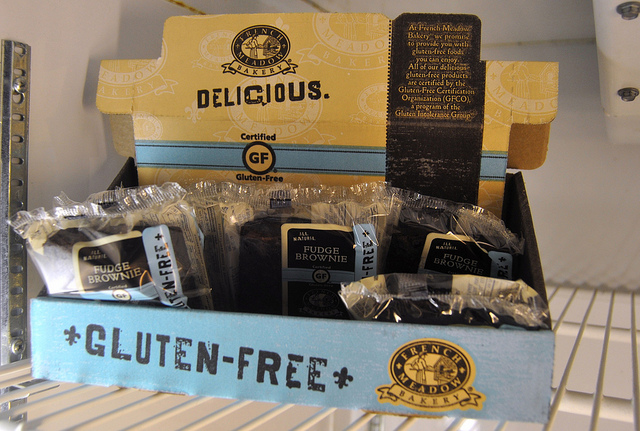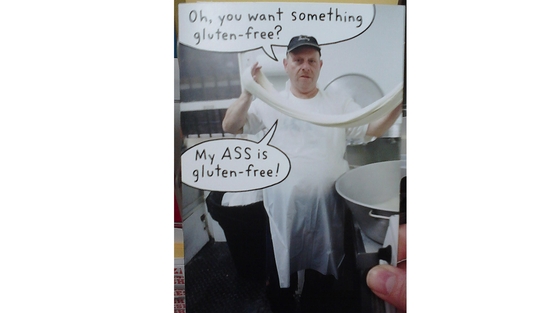
Once there was a time when it was considered normal to mock people for their obesity or diabetes. For a long time, TV shows made fun of peanut allergies. And now, the butt of the joke seems to be people on gluten-free diets.
Even as the gluten-free diets and food grow in popularity, those who struggle with Celiac disease or have to eat gluten-free because of medical health issues are feeling increasingly marginalized, they say.
Dr. Dara Thompson, who practices naturopathic medicine in Mill Valley, puts many of her clients on a gluten-free diet, but she hesitates to recommend it for kids -- unless it's really medically necessary -- because she worries they'll be made fun of or feel ostracized.
"I'm not willing to recommend that in a lot of situations," she said, "even if I think they'd do better and I try to have my kids eat gluten-free at home, I don't want to cause social awkwardness."
Earlier this year, The Disney Channel was forced to pull an episode of its show Jessie after concerns were raised by parents about how a character's gluten-free dietary restrictions were portrayed. Part of the show depicts a character, Stuart, being mocked for not eating gluten and having a "five-page list of dietary restrictions." Stuart also yells, "Oh no, gluten!" as another kid throws pancakes at him. It can be seen here:
In another part of the show, one character says to Stuart, "You call me sweetie again, and you'll be eating some gluten-free knuckles."
